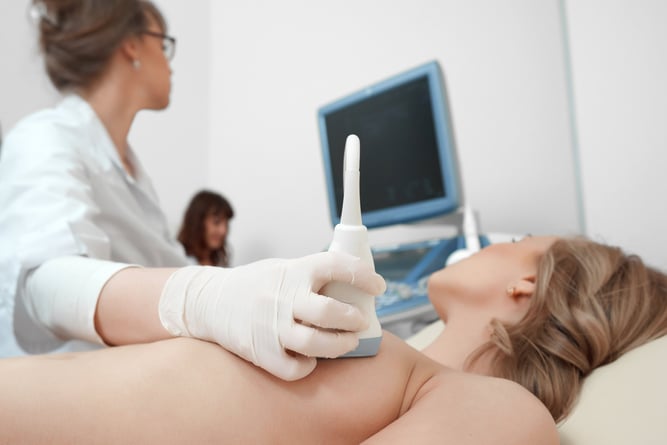Menstrual Cycle-Related Changes
Understanding the physiological and emotional changes during the menstrual cycle.
The menstrual cycle is a complex interplay of hormonal changes that prepare the body for potential pregnancy. Understanding these changes can help you manage symptoms and maintain reproductive health. At Garden OBGYN, we provide comprehensive services and education to help you navigate the menstrual cycle effectively at our Lake Success location.

What is the Menstrual Cycle?
The menstrual cycle typically lasts about 28 days, though it can vary from 21 to 35 days in different women. It is divided into four main phases: the menstrual phase, follicular phase, ovulation, and luteal phase. Each phase is characterized by specific hormonal changes that influence the body and may result in various symptoms.
Phases of the Menstrual Cycle
1. Menstrual Phase
This phase marks the beginning of the cycle, where the lining of the uterus sheds if pregnancy does not occur. This usually lasts between 3 to 7 days, accompanied by menstrual bleeding and discomfort.
2. Follicular Phase
After menstruation, the follicular phase begins as the pituitary gland releases Follicle Stimulating Hormone (FSH). This hormone stimulates the ovaries to produce follicles, each containing an egg. As the follicles mature, they release estrogen, which helps rebuild the uterine lining.
3. Ovulation
Ovulation occurs around the midpoint of the cycle (approximately day 14 in a 28-day cycle). A surge in Luteinizing Hormone (LH) triggers the release of a mature egg from the ovary. This is the time when women are most fertile, and they may experience changes such as an increase in basal body temperature and changes in cervical mucus.
4. Luteal Phase
After ovulation, the luteal phase begins. The ruptured follicle transforms into the corpus luteum, which secretes progesterone. This hormone prepares the uterus for a potential pregnancy. If the egg is not fertilized, hormone levels drop, leading to the start of menstruation.
Common Symptoms Associated with Menstrual Cycle Changes
Women may experience a variety of symptoms throughout their menstrual cycle, including:
- Physical Symptoms: Cramps, breast tenderness, bloating, and fatigue.
- Emotional Symptoms: Mood swings, irritability, anxiety, and depression.
- Behavioral Changes: Changes in sleep patterns and appetite.
When to Seek Medical Advice
If you experience severe symptoms, irregular cycles, or changes that significantly affect your quality of life, it's important to consult with a healthcare provider. At Garden OBGYN, we can provide a comprehensive evaluation to determine if any underlying conditions may be contributing to your symptoms.
Schedule Your Appointment
If you have questions about menstrual cycle-related changes or are experiencing any concerning symptoms, please contact us at +1 516 663 6400 or visit our appointment booking page. At Garden OBGYN, our dedicated team is here to support you.


